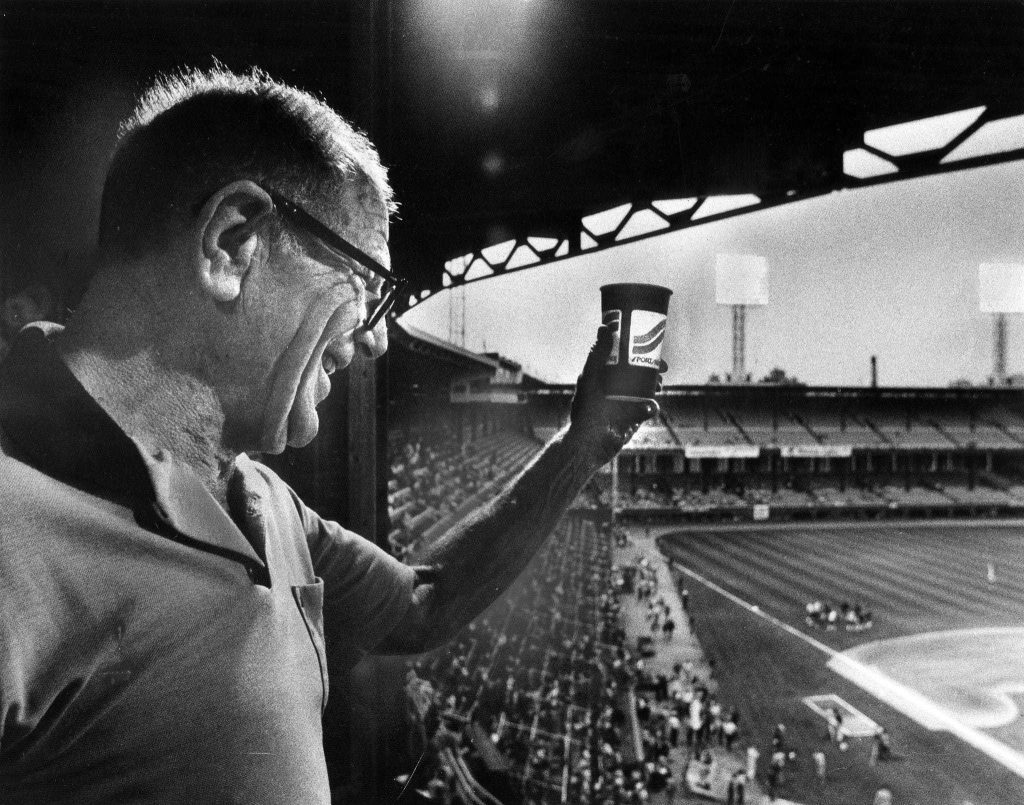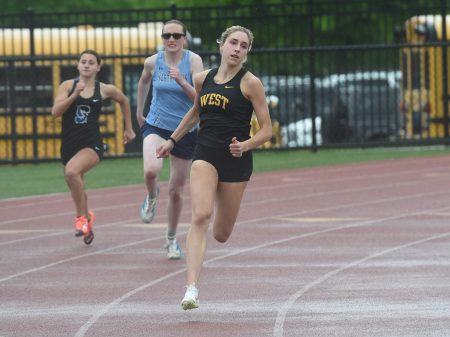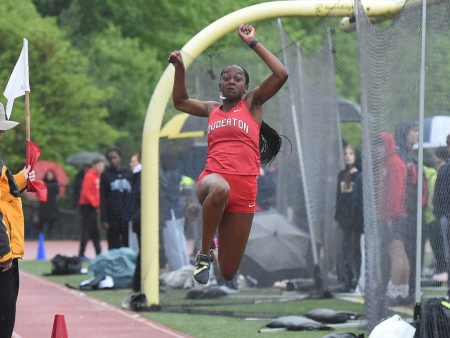When the Chicago White Sox revealed a new stadium on 35th Street in 1991, owner Jerry Reinsdorf was amazed by its beauty and believed it would be one of the best stadiums in Major League Baseball for many years.
Since the Sox closed the original Comiskey Park and moved to their current home stadium, there has been a lot of criticism and tension, with fans wanting a change despite significant improvements.
This week, it came to light that Reinsdorf and the White Sox were discussing building a new baseball-only stadium about 3 miles northeast at Roosevelt Road and Clark Street in the South Loop as part of a large development called “The 78.″
Ald. Pat Dowell, from The 78 area, confirmed that the developer wants to talk about the potential relocation of the White Sox to that site.
Dowell stated that she will soon meet with the developers to discuss the possibility of a new stadium for the Chicago White Sox.
Ald. Nicole Lee, who represents the area where Guaranteed Rate Field is located, also stated that she will meet with the developer and the Sox about the proposal.
Lee, a lifelong fan and alderperson of the 11th Ward, expressed her commitment to keeping the Sox on the South Side.
Although there are doubts about the likelihood of the talks and the funding of such a plan, the news of the potential move has sparked hopes of revitalizing the team and its fan base with a modern ballpark closer to downtown.
Allen Sanderson, a senior lecturer at the University of Chicago specializing in sports economics, remarked that the current ballpark is not in an attractive area and getting there is not a pleasant experience.
Related Midwest declined to comment through Tricia Van Horn, vice president of marketing and communications. The Illinois Sports Facilities Authority — which owns Guaranteed Rate Field — has not been involved in the talks, according to the organization’s CEO, Frank Bilecki.
Bilecki mentioned that he is not part of the discussion at this stage and does not have much information as the landlord of the current stadium.
The Chicago Sun-Times reported Thursday that “serious” negotiations have taken place between the Sox and Related Midwest about the potential move to The 78.
The Sox and Mayor Brandon Johnson released a joint statement Thursday that did not address the possibility of a new stadium being built on the site.
The statement says Mayor Brandon Johnson and Chicago White Sox Chairman Jerry Reinsdorf met to talk about the long-standing partnership between the team and Chicago. They also discussed the team's plans to stay competitive in Chicago forever. The city and the team have been partners for over a hundred years, and the Johnson administration wants to keep talking about this partnership in the future.
Sanderson, who is a fan of the Sox and often goes to games, and is also a longtime critic of using public money to fund stadiums, said building a new ballpark may not help increase the number of people attending games.
He said the main issue could be that the baseball team is not very good, and the senior ownership has not been popular with the public.
But a new White Sox stadium could become a key part of the South Loop, similar to how Google will be a major point when it sets up at the James R. Thompson Center. James R. Thompson Center, said Robert Sevim, a president of Savills, a commercial real estate firm based in Chicago.
He said, "This would be very important if it happens. You will be able to create a whole community around the ballpark. Wrigley Field has a whole community around it, and that's what makes it special. A White Sox park might even do better because you have a fresh start."
Sevim worked as a consultant on The 78 project a few years ago, but was not part of any potential deal with the White Sox.
He also said that a major league ballpark would likely start other development on the site, maybe including homes, offices, restaurants, and stores, all available to downtown residents and workers.
It's not clear what would happen to the Bridgeport area if the team were to leave, after being there for over a century.
Bill Jackson, who is the executive director at the University of Illinois’ Discovery Partners Institute, said the White Sox moving to a new place won't stop his group's plans to build a $250 million headquarters at the 78.
DPI still plans to start building this year on the eight-story, glass-and-steel dome, and finish it by December 2026.
Jackson also said he saw drawings of the proposed stadium this week. He thinks having a ballpark at the site will help attract more scientists and new businesses to DPI's future lab, research, and office spaces.
He also thinks the new infrastructure needed for the ballpark, like extra parking and transportation upgrades, will be useful to DPI as it grows.
A Sox stadium on The 78 site would be a great development for the team and the city. But that doesn’t mean it will happen, according to SportsCorp Ltd. President and consultant Marc Ganis, who is not part of the proposal.
Ganis said there are many obstacles, the first being money. Sox owner Jerry Reinsdorf is not known for spending a lot, and Johnson has other important things to spend money on, like schools, pensions, public safety, and now, the migrant crisis.
Ganis said, "This site could be a great one for the Sox for generations to come. But many things that make sense around here don’t actually happen."
The question of how a new ballpark would be paid for is very important. Guaranteed Rate Field — where the Sox lease goes until 2029 — was paid for using money from a raise in Chicago hotel room taxes in a last-minute deal in Springfield in 1988. The city and state also each put in $5 million per year.
The ISFA still needs to pay around $50 million for the building of the stadium, which was opened near 35th Street and Shields Avenue in 1991.
Gov. J.B. Pritzker has shown he’s generally not in favor of state funding going to private, professional sports teams. He expressed this idea last year amidst talk of whether the Sox would relocate and in the Chicago Bears’ search for a new stadium in the city or suburbs.
Regarding the reports of the latest discussions about a potential new stadium for the Sox, Pritzker indicated he’d be willing to listen to any proposals.
“No one has made a request yet, so with that being said, I think you know my stance on privately owned teams and whether the public should be funding private facilities used by private businesses,” the governor said during an unrelated event at an elementary school outside of Springfield. “However, having said that, there are things that government does to support businesses all across the state, such as investing in infrastructure and ensuring we’re supporting business success in Illinois.
“So, similar to all the other (things), whether it’s sports teams or other private businesses, we’ll be considering whatever suggestions or requests they may have.”
The future location for the Sox has been a topic of discussion for several months.
In August, Crain’s Chicago Business reported that the team was exploring a move when its lease at Guaranteed Rate Field ends.
At that time, the Sox stated: “We have not had any discussions about our lease situation, but with six years remaining, it is naturally approaching a time where conversations should begin to take place. The discussions would involve the city, ISFA and the state and would likely revolve around vision, opportunities and the future.”
The Sox confirmed a meeting between Reinsdorf and Nashville Mayor Freddie O’Connell occurred during the MLB winter meetings in December. However, they did not reveal the topics discussed.
Nashville has long been suggested as a city to consider if MLB decides to expand.
A Sox move could complicate the Bears’ efforts to construct a new enclosed stadium. The Bears spent $197 million to acquire the former Arlington Park racetrack nearly a year ago but have made little progress since then in securing tax subsidies or settling a dispute over property taxes with local school districts.
The Bears have also had talks with Johnson about staying in the city and with officials about potential sites in Naperville, Waukegan and elsewhere.
Arlington Heights Mayor Tom Hayes said he couldn’t speculate on how the Sox negotiations might impact the Bears’ options, stating he was still trying to arrange face-to-face meetings between the team and the schools.
“I don’t anticipate that this would negatively impact the momentum we’ve been trying to gain,” he said. “We’re very hopeful things are moving in the right direction, and we’re continuing to work on it.”
A Sox relocation to The 78 might be based on the model of the Atlanta Braves’ Truist Park, which was opened in 2017 as the focal point of The Battery, a surrounding area of restaurants, housing and entertainment.
Such a mixed-use development is what the Bears have suggested for Arlington Heights. But at 62 acres, the Chicago site is much smaller than the 326 acres at the former Arlington horse track.
Chicago Tribune’s Jeremy Gorner, reporting from Rochester, Ill., and Jake Sheridan contributed.
()









